Real Talk with Rachel Kathman, English Teacher in Korea
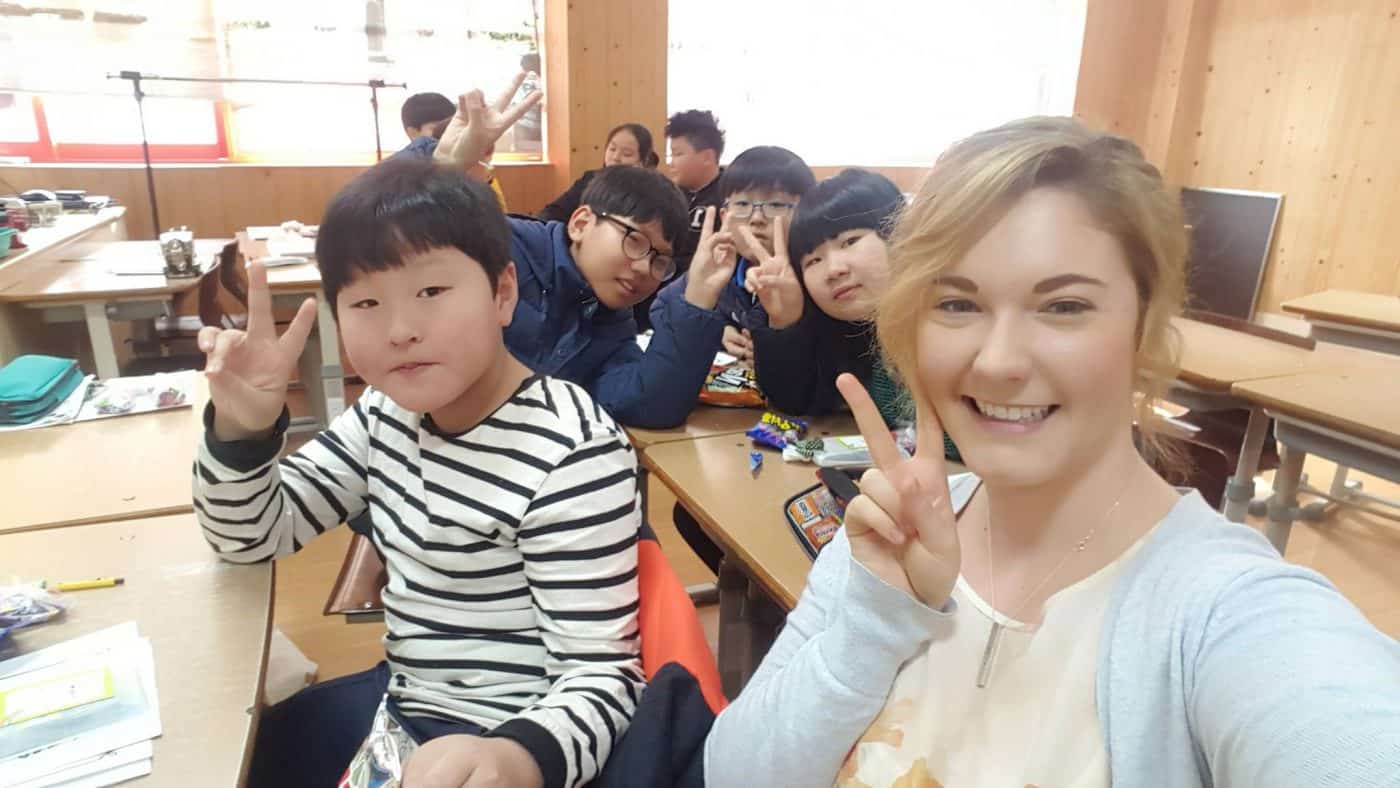
If you want a career that allows you to travel, one option is teaching English in other countries. Although many countries have programs that place Americans in schools to teach English, Korea and Japan have especially developed programs. After graduating from college, Rachel Kathman took her degree in English and went to teach in Korea. Nearly two years later, she’s heading back to the states.
Name: Rachel Kathman
Location: Gwangju, South Korea
Title: Elementary School English Teacher
Company: English Program in Korea (EPiK)
What it is: A program supported by the Korean Ministry of Education that brings native English speakers from across the globe to provide language and cultural education in public elementary and middle schools.
Educational Background: B.A. in English at University of Central Arkansas
When did you decide you wanted to teach in Korea?
I’ve always been interested in Asian culture and media, particularly from Japan and South Korea. Growing up, I always thought I would just enjoy learning about Asian history and pop culture from afar, but the closer I got to graduating college, the more I realized that there is a thriving job market in South Korea and that I could be a part of it.
Like many English teachers in Korea, I’m fascinated by Korean pop, TV dramas, and film. During my senior year at university, with the encouragement of my peers and professors, I decided that it was the best time to do something crazy and pursue my dream.
After you made your decision, how did you make it happen?
God bless the internet! I first discovered the English Program in Korea (EPiK) through a simple Google search. I did a few months of research before deciding this was the program for me. Once I decided to apply for EPiK, I read numerous online blogs and reviews that helped me craft my application, get certified to teach English as a foreign language (EFL), and prepare for a major change in culture.
Really, it was kind of a whirlwind; the whole application process felt so surreal, it seemed like I didn’t actually make the decision until I was accepted into the program.
What was a typical day like for you?
While I spent my weekends and vacations exploring the country, my weekdays teaching English in Korea were pretty routine. In the mornings, I taught 4-5 regular 40 minute lessons almost entirely in English, with my sprightly Korean supplementing my games and activities. Thankfully, all of my lessons were taught together with a Korean co-teacher who spoke English as well.
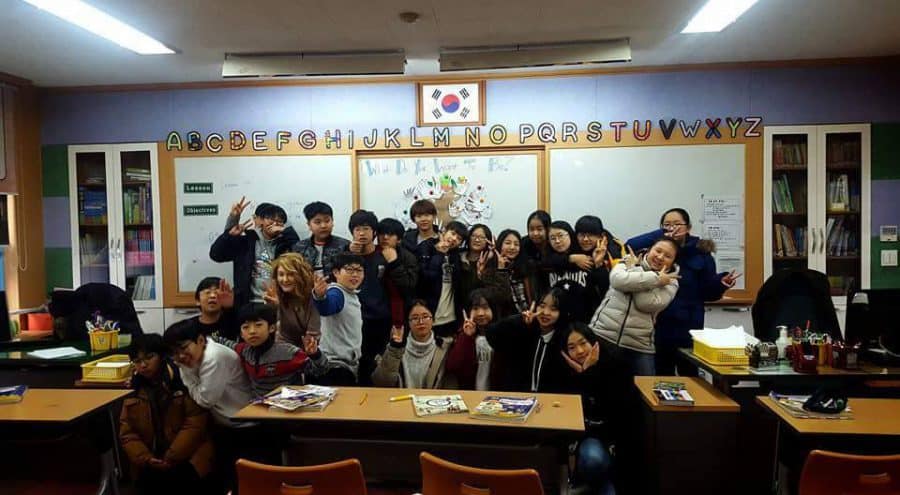
After lunch, the rest of my school day was spent lesson planning. I rarely brought work home, so I could spend all of my free time getting to know Gwangju, venturing out to new cities, and just enjoying life in Korea.
If you could have given yourself a piece of advice when you started what would that be?
I think the advice I would give myself 18 months ago is the same advice I would have for myself at any stage of my life, and that would be to relax. I’ve always been so independent and a bit of a perfectionist — I hate it when I can’t immediately make things go my way. Also, I have always struggled with my short temper, which causes me to lose perspective in a frustrating situation.
Living in Korea, I realized that there are always people who have the experience and desire to help you. I would like to give myself a pat on the shoulder and say, “Everything is going to work out. Just relax and take a deep breath.” It’s important for all of us to have the right perspective in a trying situation, especially when you are facing a cultural conflict.
Would you do anything differently?
As they say, hindsight is 20/20, and I certainly made some mistakes that caused me a lot of problems at the time; however, it’s hard to say I would do anything differently. When you choose to live abroad, you have to accept that you are inevitably going to be ignorant of many things, and because of your ignorance, you will have some hard times and many embarrassing moments.
That said, I definitely regret not studying Korean enough before I moved to Gwangju. I had a very basic grasp on the language when I left the USA, and I certainly improved during my stay, but I wish I would have been more diligent when I had the free time. The language barrier can be a real issue, so I recommend to anyone living or studying abroad to be prepared!
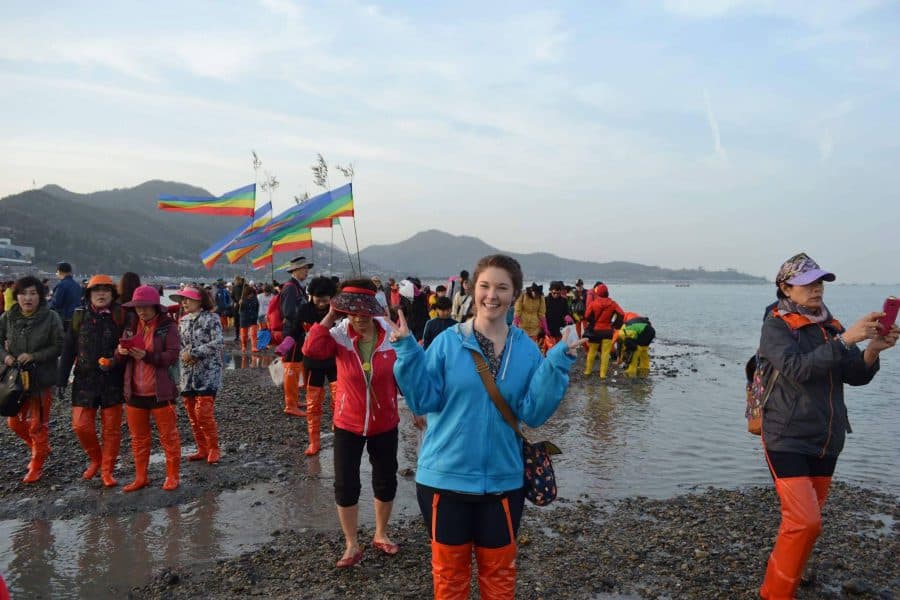
What’s been the hardest part of your teaching adventure?
Beyond any doubt, the most difficult part of working abroad is saying goodbye to your loved ones.
I was fortunate enough to have the full support of my parents and older sister, so I felt secure pursuing my dream, but that made me miss them all the more. I remember my first night in Gwangju, laying on the floor hyperventilating, wondering what on earth had I gotten myself into. Realizing that for the next year, you can’t see the people you love the most in the world, is painful and can make you feel very isolated. When I said goodbye to my parents at the airport, I felt so selfish for making them send off their child to a foreign country.
Conversely, leaving Korea was almost as difficult as leaving the USA because of the deep connections I made over 18 months.
What has been the most rewarding part of teaching English in Korea?
First I must say that every aspect of my experience teaching in Korea was rewarding in some way — even the bad experiences were opportunities for me to learn and grow. Like all educators, I’m tempted to say that the students were the best part. I saw so many students transform from apathetic, surly preteens to curious learners because I made the effort to be open and engaging. I have such great memories of heartfelt (if grammatically incorrect) letters of appreciation, hearing their cheers during my games, and their disappointed cries of outrage at my leaving Korea.
Yet, the most rewarding part of it all is the simple fact that I did it all myself: the research, the lengthy application process, adapting to a foreign country, and being a first-time teacher. I have more confidence, bravery, and self-efficacy than ever before. Without question, there is no feeling quite like accomplishing something with only your own strength, and I believe that travel is the best way to do so.
How did you stay in touch with everyone at home?
Once again, God bless the internet! Today, it is so simple to contact anyone in the world, for free. My family and friends relied on video chatting (Skype and Facebook) as well as messenger apps (Line and KakaoTalk) to stay in touch and share our experiences.
While social media was my primary form of communication, a few relatives and family friends and I exchanged letters. Nothing compares to the joy of opening mail, especially from another country!
How did you meet people and be social in Korea?
While it depends on the exact city, most places in Korea have a strong expat community. It was easy for me to make friends in the foreigner hangouts, or at the international center. In addition, incoming English teachers have a short orientation period where they can meet other teachers before starting work as a teacher.
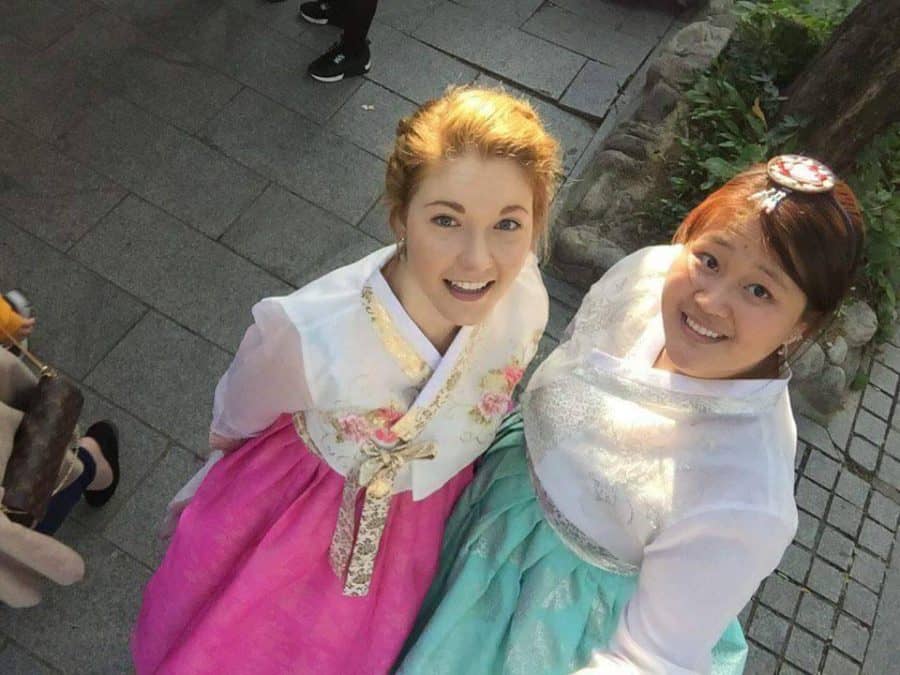
With EPiK, I spent two weeks learning how to be a successful EFL educator and making connections with fellow teachers all across Korea. When we had weekends or vacations, we met up in each others’ cities. Fortunately for me, Korean people in general are very friendly, helpful, and welcoming. I made several Korean friends at work who later introduced me to their friends and family.
What are your hobbies? Did you make time for them while you traveled?
Before I left for South Korea, I read that one of the most effective ways to combat culture shock and depression while living abroad is to pursue the same hobbies you had in your home country.
My experience certainly supports this claim; because I stayed active and pursued my interests, I felt like I had become part of the community. I enjoy listening to and creating music, and I used my time in Korea to pursue another of my dreams — learning to play the violin. I even had the opportunity to play in an orchestra! Because the foreigner community in Gwangju is so strong, I found that many of my other hobbies had expat clubs or organizations dedicated to them, like knitting or playing volleyball. While I had to adjust to a new lifestyle, it was such a comfort that I could continue doing what I love.
What’s next for you now that you’re stateside?
Well, that seems to be the big question now! Short-term, I’m just enjoying spending time with my family and friends, and working for the public schools as a substitute teacher. Long-term, I’m looking at graduate programs for English literature and hope to enroll in 2018. If that doesn’t work out, my backup plan is to teach English abroad again, but in a different country. Maybe Japan!
Now that it’s all said and done, would you do it again?
Absolutely, without a shadow of a doubt. Even with my thousands of embarrassing moments, frustrations with language barriers, and occasional feelings of isolation, I wouldn’t change anything about my experience. I don’t regret the time I spent in South Korea, and I encourage everyone to give it a try!
Truly, nothing compares to spending part of your life in a new environment, sharing your culture with others and having the opportunity to experience something you’ve never known. Now that I have some experience as an expat and as an educator, I feel more confident planning my future and my next adventure!
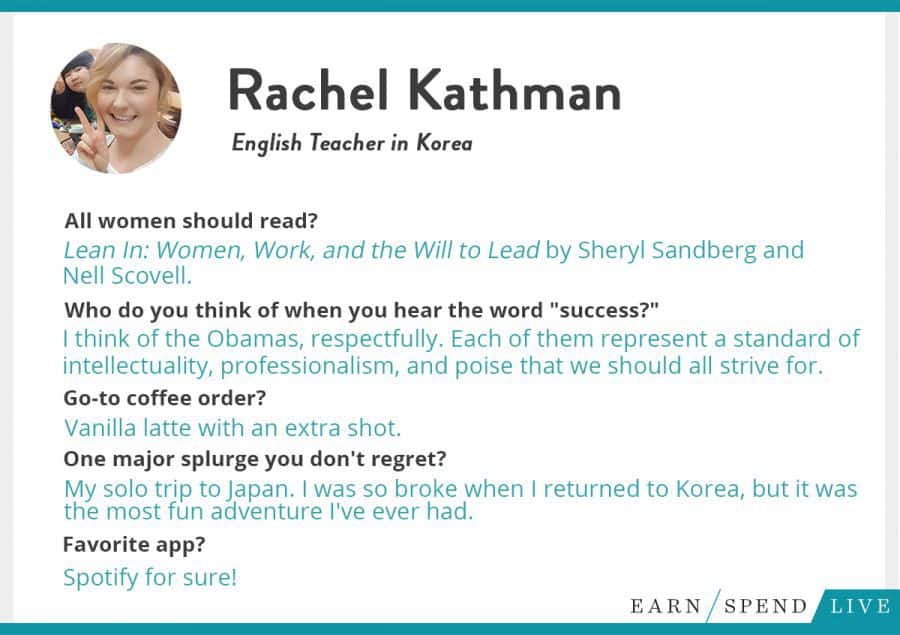




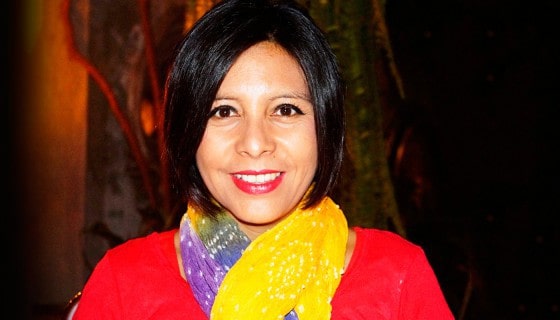

Show Comments +